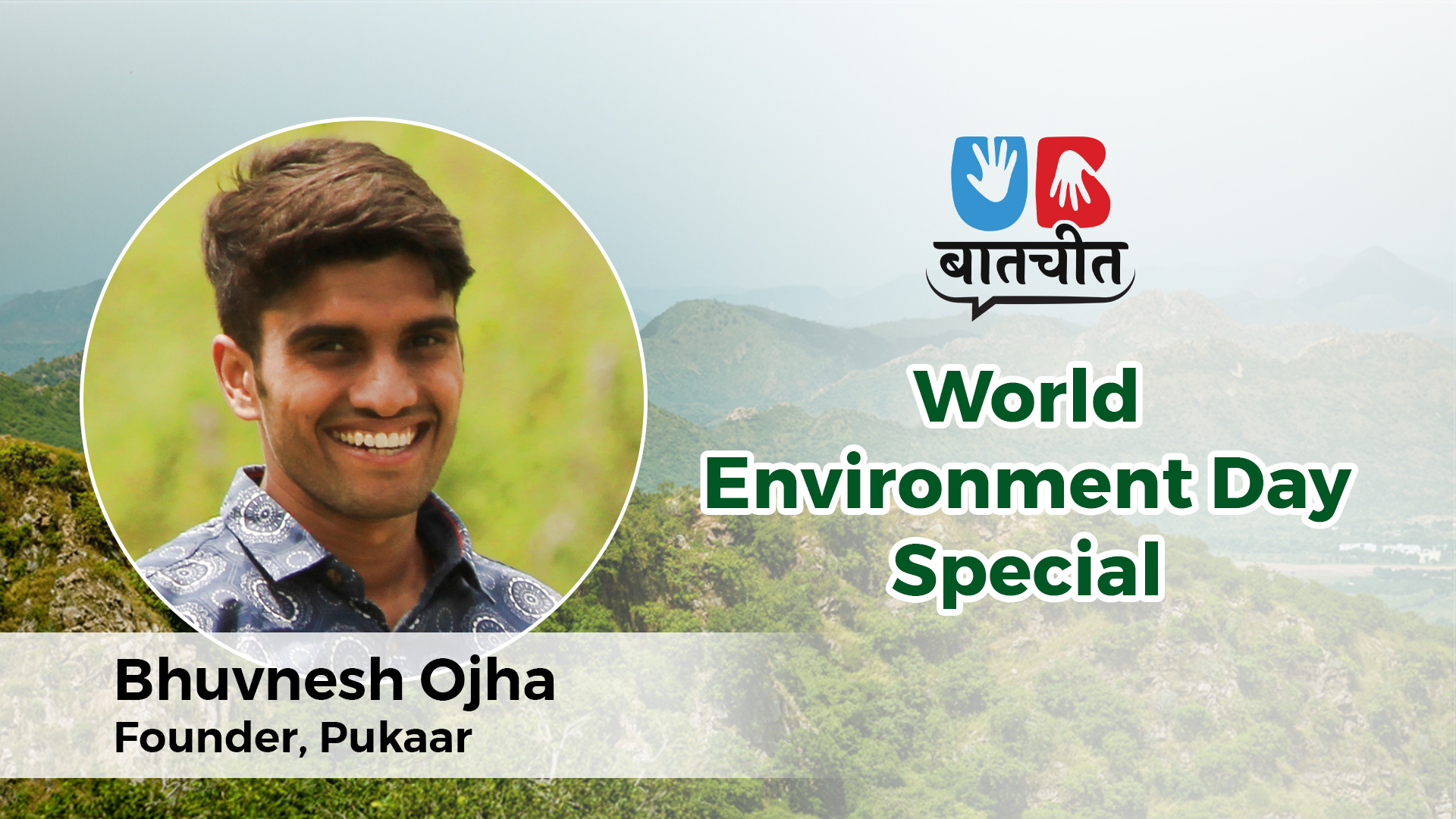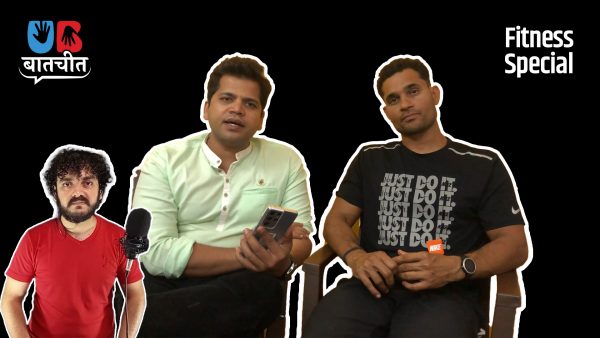World Environmental Day special Weekend Read: UB Baatcheet with Bhuvnesh Ojha, founder of Pukaar
As we mark World Environment Day (WED) on 5th June, we should pay attention to warnings and take them seriously. And environmental alarm bells are no exception! On biodiversity loss,…

